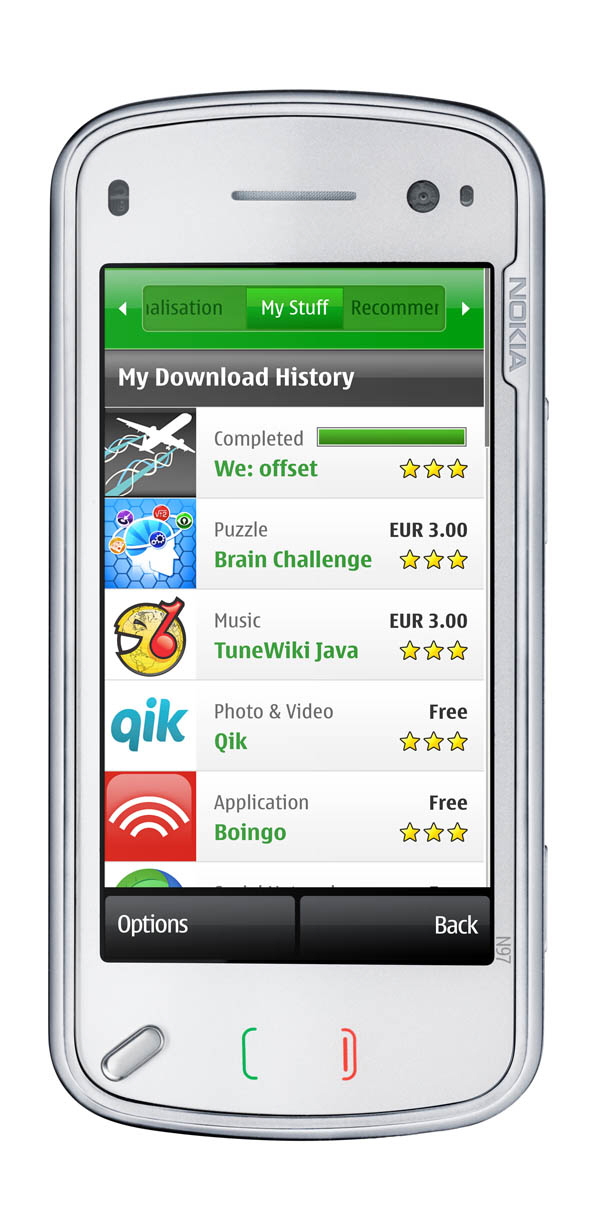If you’ve been hearing ‘app this’ and ‘app that’ over the past year or so and have wondered why people are getting so excited over useless yokes on their smart phones, then you simply haven’t been converted yet, but by the end of 2010 I guarantee you’ll be shouting hallelujah because apps are the future.
Apps, or applications, went mainstream with the iPhone and Apple’s App Store. In fact, there have been more than 3 billion App Store downloads to date. There are countless apps out there, many useless (see iPint), tasteless (see iFart) and just plain stupid (see Hold The Button – you just press a button for as long as you can).
However, the scope of apps goes far beyond this – with web-connected apps used not only on laptops, desktops and smart phones, but also arriving on TVs and now on Amazon’s Kindle e-book reader.
One manufacturer doing clever things with apps and TV sets is Samsung, whose Internet@TV portal has both paid for and free apps, allowing users to Skype, instant message, listen to streaming music and more. In fact, Irish tech start-up MUZU TV has an app winging its way to Internet@TV that will add a huge collection of music videos on demand to the number of things you can enjoy on an internet-connected TV.
Still though, mobile apps are where it’s at: consumers are expected to spend $6.2 billion in 2010 in these application stores alone, while advertising revenue is expected to generate $0.6 billion worldwide, according to Gartner.
It forecasts worldwide downloads in mobile application stores to surpass 21.6 billion by 2013, with free downloads accounting for 82pc of all downloads in 2010.
This projected revenue is not coming from iPhone apps alone because, although they have stolen a march, most of the other major players also have their own versions.
In June 2009, Sony Ericsson added to its existing PlayNow arena’s offering of downloadable games, songs, ringtones and wallpapers, with apps for messaging, social networking and shopping for instance.

RIM has brought out BlackBerry App World
Then RIM brought out its BlackBerry App World to Irish users, while Palm, with its new touchscreen and QWERTY keypad combo Pre smart phone to back it up, also launched its own, beginning with free apps only and then releasing its software development kit to developers.
The crowd pleasers of the handset world, Nokia and Samsung, are also intent on bringing apps to the wider masses: Nokia’s Ovi Store opened last year, but two weeks ago the company invited Irish developers to create local and relevant apps, while Samsung launched a massive $2.7-million global prize fund for its Developer Challenge that’s open to mobile app developers to contribute to the forthcoming app marketplace.
From The Wall Street Journal to RTÉ radio to Lancôme and McDonald’s, big brands are finding it increasingly relevant to bring their product to the customer in app form, but it is not certain that Apple will remain dominant as the app explosion begins.
By Marie Boran
Main photo: The iPhone

Nokia opened an Ovi Store last year in order to offer apps